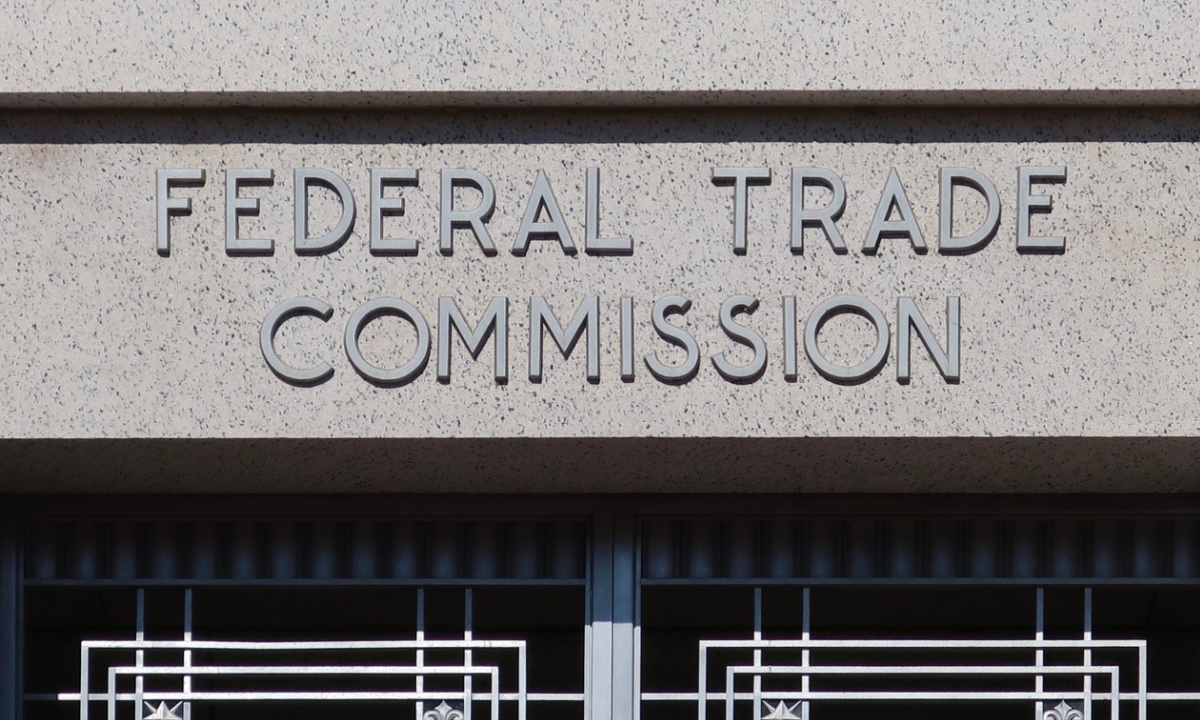
The Federal Trade Commission’s (FTC) long-awaited rule prohibiting fake online reviews and testimonials officially takes effect today. The regulation, known as the Trade Regulation Rule on the Use of Consumer Reviews and Testimonials, was first introduced in August 2024 and aims to curb deceptive practices in online advertising, especially those involving fabricated or misleading consumer feedback. Brands leveraging reviews and testimonials in their marketing strategies should take note of the new enforcement landscape.
Per a statement from the FTC, this new rule grants the agency the authority to impose civil penalties of up to $51,744 per violation. The rule explicitly targets unfair or deceptive acts related to consumer reviews, making it illegal for businesses to manipulate reviews through tactics like buying fake testimonials or publishing AI-generated feedback. According to the FTC, the rule strengthens their ability to pursue monetary penalties and act against violators.
This development marks another step by the FTC to regain some of the enforcement power that was curtailed by the 2021 Supreme Court decision in AMG Capital Management. The ruling had previously limited the FTC’s ability to secure monetary relief under Section 5 of the FTC Act. By enacting formal rules, however, the FTC can now seek both consumer redress and civil penalties when violations occur.
While the FTC has long issued guidance on topics like endorsements, environmental marketing, and health claims in advertising, the adoption of formal rules intensifies the legal repercussions. Violating these rules constitutes a breach of law, thereby increasing the risk of FTC enforcement actions.
Read more: FTC Appeals Texas Ruling on Noncompete Agreement Ban
Key Provisions of the New Rule
The rule largely aligns with principles outlined in the FTC’s Endorsement and Testimonial Guides, emphasizing that endorsements must reflect the honest opinions and experiences of consumers. However, it takes further steps by explicitly banning deceptive practices that skew public perception through manipulated feedback.
According to the FTC’s announcement, the rule prohibits the following:
- Fake or AI-generated consumer reviews that falsely imply they are written by real individuals or customers.
- Businesses buying or selling positive or negative reviews, or offering incentives for reviews with a specific sentiment.
- Insider reviews written by employees, managers, or agents of a business, unless the connection to the company is clearly disclosed.
- A business controlling or misrepresenting review websites as independent while promoting its own products.
- The use of intimidation, unfounded legal threats, or false accusations to suppress negative reviews.
- Suppressing negative reviews or selectively displaying positive ones to create a false impression of customer satisfaction.
- Purchasing or selling fake social media influence metrics, such as followers or views generated by bots.
These provisions, according to the FTC, aim to address deceptive practices that mislead consumers, distorting their ability to make informed choices. The rule also clarifies that while it focuses on deceptive reviews and testimonials, it does not extend to influencer marketing disclosures unless related to company insiders.
Broader Implications for Businesses
The FTC made clear that businesses must actively prevent deceptive practices regarding consumer feedback. According to the agency, companies can no longer plead ignorance if insider testimonials are published without appropriate disclosure. The rule also underscores that third-party platforms are not exempt from responsibility in curbing fake reviews, although the focus of enforcement will remain on businesses themselves.
As of today, any business that violates this rule faces significant penalties, signaling the FTC’s commitment to ensuring transparency and trust in the online marketplace. For marketers and advertisers, understanding and adhering to this rule will be crucial to avoiding costly penalties and maintaining consumer confidence.
Source: FTC
Featured News
Judge Rules 5-Hour Energy Maker Gave Costco Unequal Deals, But No Antitrust Violation Found
May 29, 2025 by
CPI
EU Threatens Apple With Ongoing Fines For Non-Compliance With DMA
May 29, 2025 by
CPI
EU Expands Antitrust Probe Into Visa and Mastercard Fees, Seeks Industry Input
May 29, 2025 by
CPI
House Bill Could Strip Cities of Authority to Regulate Rent Algorithms
May 29, 2025 by
CPI
UK Regulators Approve $3.1 Billion SES-Intelsat Merger, Paving Way for Satellite Industry Shake-Up
May 29, 2025 by
CPI
Antitrust Mix by CPI
Antitrust Chronicle® – Industrial Policy
May 21, 2025 by
CPI
Industrial Strategy and the Role of Competition – Taking a Business Lens
May 21, 2025 by
Marcus Bokkerink
Industrial Policy, Antitrust, and Economic Growth: Some Observations
May 21, 2025 by
David S. Evans
Bolder by Design: Crafting Pro-Competitive Industrial Policies For Complex Challenges
May 21, 2025 by
Antonio Capobianco & Beatriz Marques
Competition-Friendly Industrial Policy
May 21, 2025 by
Philippe Aghion, Mathias Dewatripont & Patrick Legros